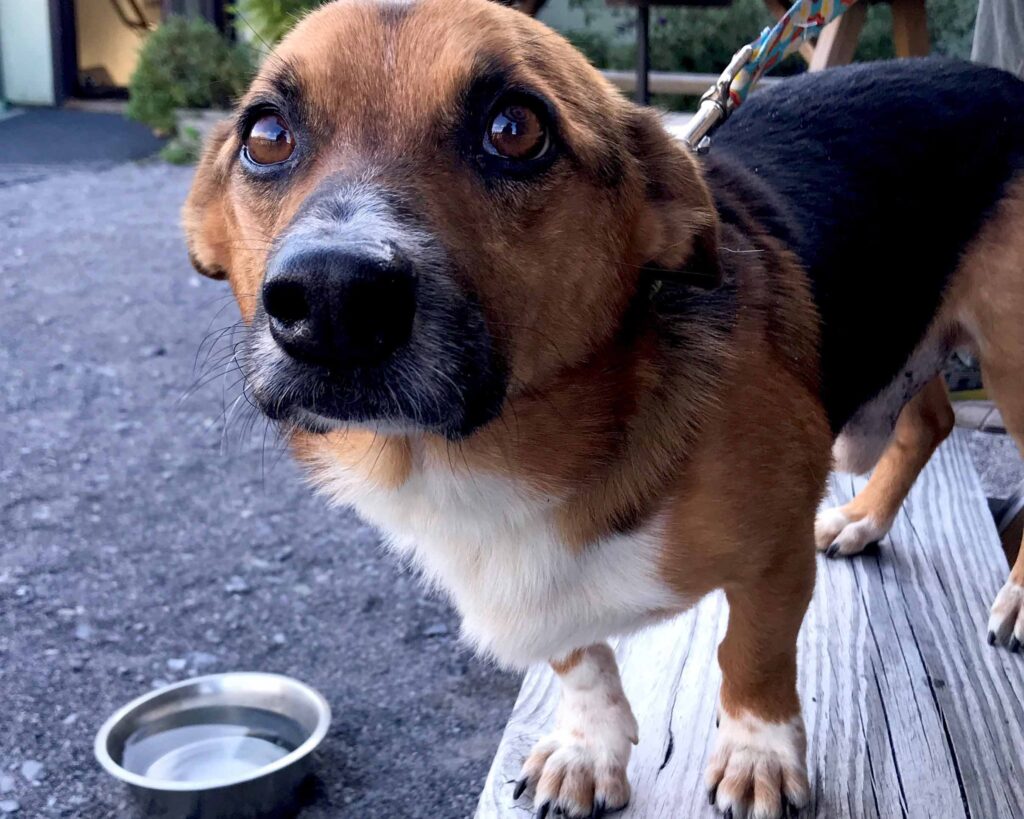

Updated December 7, 2023: The American Veterinary Medical Association shared information from experts offering insights into canine infection respiratory disease complex and other underlying factors: Making sense of the mystery illness found across the US.
Similar to humans, dogs can struggle with bouts of respiratory disease that manifest as coughing, sneezing, nasal discharge, and lethargy. The University of Tennessee College of Veterinary Medicine treats many of these dogs on an emergent and long-term basis.
Currently, the UTCVM Emergency and Critical Care Service reports seeing and treating slightly more respiratory cases within the last couple weeks to months. Fortunately, we are currently not seeing the rapid decline or severe clinical signs in dogs as reported in other states.
While many canine respiratory illnesses can be suspicious for Bordetella sp. infections, commonly referred to as “kennel cough,” causes for respiratory disease can occur secondary to numerous causes. Infectious causes can be part of the larger canine respiratory infectious disease complex (CIRDC) involving several viruses and bacteria. Respiratory symptoms can also be secondary to heart disease, cancer, or other causes.
First, try not to be anxious. Most dogs that acquire infectious respiratory tract disease recover uneventfully. We recommend for pet owners to take general precautions with their pets. As with most respiratory diseases, these principles are mainstays for preventing most respiratory illnesses:
- Just as you wouldn’t send a sick child to school, if your dog is sick don’t board or drop off at daycare.
- Limit pet contact with other dogs (such as more crowded environments like dog day care, kennels, dog parks, groomers, etc.) to decrease the risk of transmission of viruses and bacteria.
- Ensure your pet is up to date on vaccines, including “core” respiratory vaccines. Additional vaccines for Bordetella sp. and canine influenza may be considered by your veterinarian for at-risk dogs.
- Contact your veterinarian or visit an emergency clinic if your pet is starting to exhibit worsening respiratory signs (difficulty breathing, coughing, dark blue or purple tongue, etc.). Some patients may need to be hospitalized for supportive care.
The Tennessee State Veterinarian requests help with tracking cases of atypical respiratory illnesses. The American Veterinary Medical Association (AVMA) has information about canine infectious respiratory disease complex (CIRDC). AVMA has also compiled information on the cases that originated in Oregon.